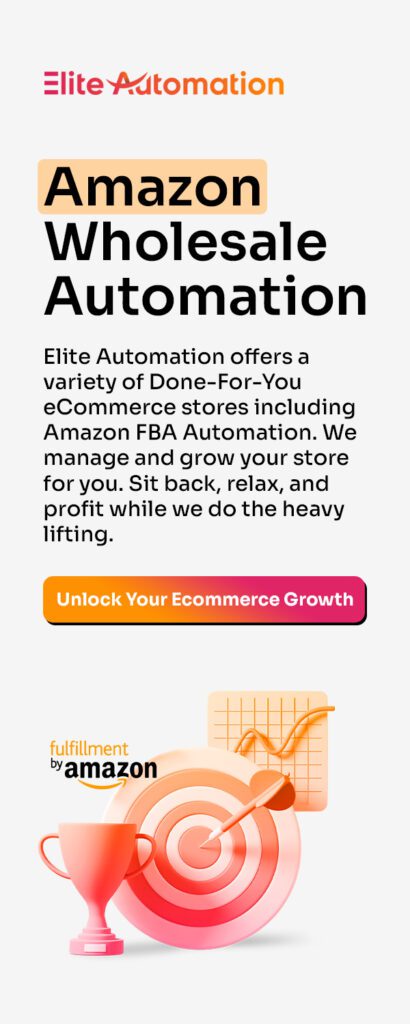In today’s digital age, more and more businesses are moving their operations online, including their accounting. eCommerce businesses, in particular, require specialized accounting software that can handle the unique challenges and requirements of managing finances for an online store. In this blog post, we will discuss some of the top accounting software options for ecommerce businesses.

Accounting software is a type of software that helps businesses manage their financial transactions and keep track of their financial records. It typically includes features such as the ability to create and send invoices, track expenses, manage accounts payable and accounts receivable, and generate financial reports.
Accounting software can be used by businesses of all sizes, from small businesses and freelancers to large enterprises. It is designed to make it easier and more efficient for businesses to manage their finances and make informed decisions about their operations.
Here are our top five eCommerce accounting softwares we recommend:
1. QuickBooks
QuickBooks is one of the most popular accounting software options for small businesses, and it’s a great choice for ecommerce businesses as well. QuickBooks offers a range of features that are designed to help ecommerce businesses manage their finances, including:
- Inventory management: QuickBooks allows you to easily track your inventory levels, including the quantity of each item in stock and its current value. This can help you avoid running out of stock and ensure that you’re always able to fulfill customer orders.
- Sales tax tracking: If you sell products in multiple states, you’ll need to track and pay sales tax in each of those states. QuickBooks makes this process easy by automatically tracking sales tax rates and collecting taxes on your behalf.
- Integrations with popular ecommerce platforms: QuickBooks integrates with many popular ecommerce platforms, including Shopify, WooCommerce, and Magento. This allows you to easily import your sales data and other financial information into QuickBooks, making it easy to manage your finances in one place.

2. Xero
Xero is another popular accounting software option for ecommerce businesses. Like QuickBooks, Xero offers a range of features that are designed to help ecommerce businesses manage their finances, including:
- Automatic bank feeds: Xero automatically imports your bank and credit card transactions, so you don’t have to manually enter them into the software. This can save you a lot of time and help ensure that your financial records are always up to date.
- Invoicing and billing: Xero makes it easy to create and send invoices to your customers, and it allows you to accept online payments through a variety of payment methods.
3. Zoho Books
Zoho Books is a cloud-based accounting software that offers a wide range of features for ecommerce businesses, including inventory management, automatic sales tax calculation, and integrations with popular ecommerce platforms such as Magento, WooCommerce, and Shopify.
4. Wave
Wave is a free accounting software that’s specifically designed for small businesses and freelancers. Its ecommerce features include automatic sales tax calculation, invoicing, and integration with popular online payment processors such as PayPal and Stripe.
5. FreshBooks
FreshBooks is an easy-to-use accounting software that’s specifically designed for small businesses and freelancers. Its ecommerce features include automatic sales tax calculation, the ability to create and send invoices, and integration with popular online payment processors such as PayPal and Stripe.

Overall, there are many great options for accounting software for ecommerce businesses. When choosing the right one for your business, consider your specific needs and budget, and search for a software that offers the features and integrations that will best support your unique business.
For help choosing the right eCommerce accounting software for your business, or interest in an automated eCommerce store, contact the Elite Automation team.

